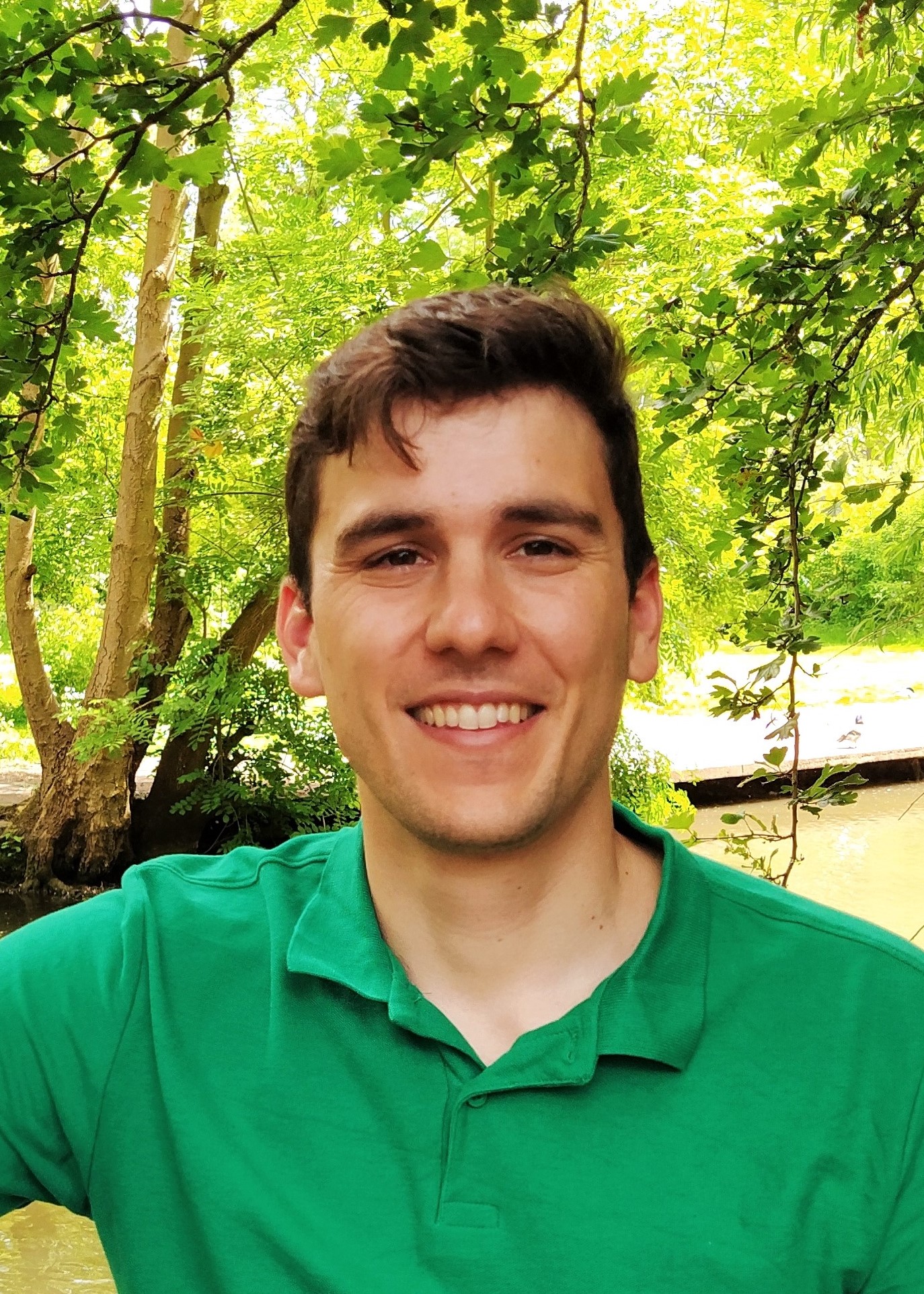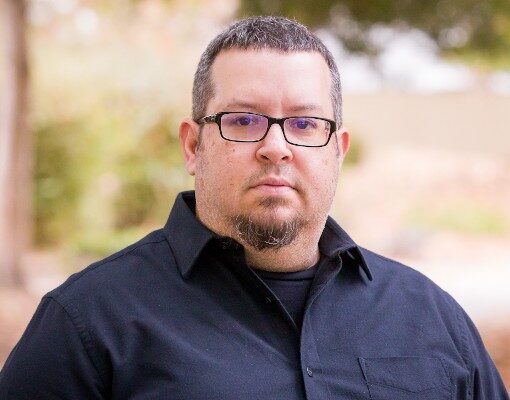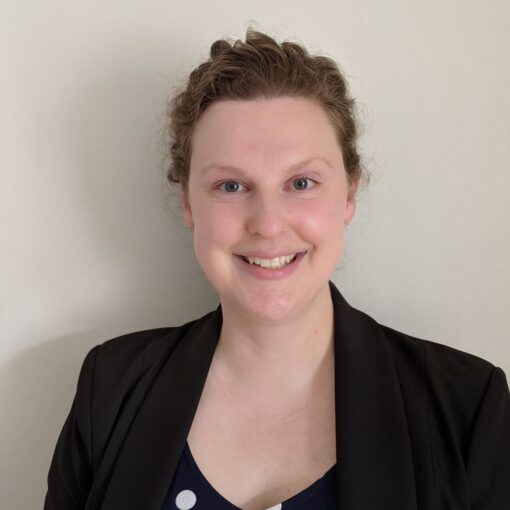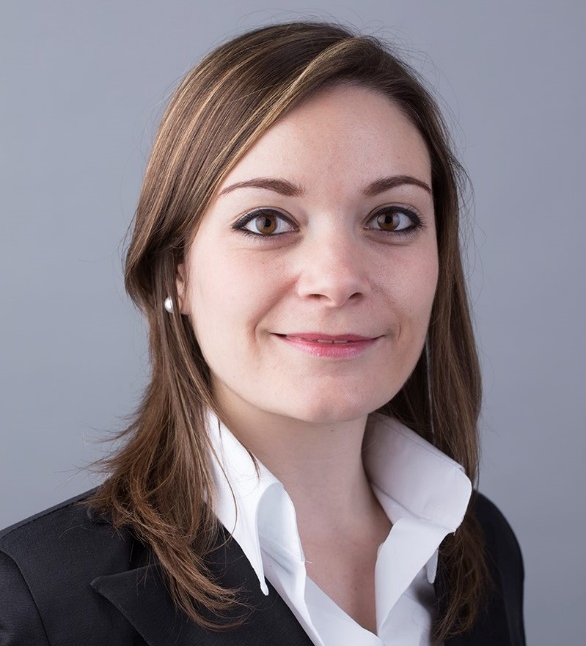PhD, Chemistry, Institute of Chemical Research of Catalonia (ICIQ), 2019
| Team Lead - Development | |
|---|---|
| Johnson Matthey | |
Year entered into a non-academic position: 2019
Job highlight: The excitement when having to manufacture my first batch of product for a customer and the feeling of happiness and satisfaction after successfully delivering the material.
My research training set me up to… Organise my time and available resources efficiently and understand the value of determination and perseverance.
Left academia after: PhD
What’s your background?
After graduating with an MSc in Chemistry from the University of the Balearic Islands, I carried out a short internship at Syngenta Crop Protection AG in Switzerland. Subsequently, I pursued my PhD at the Institute of Chemical Research of Catalonia (ICIQ) under the supervision of Prof. Vidal working on “supramolecular catalysis”. Five days after my PhD viva, I started my job as Development Chemist at Johnson Matthey (JM), where I have been working for 3 years.
Why did you move away from academia?
Although my PhD was a very fruitful and intense period of my life, my impression towards the end of my PhD was that research in industry was equally appealing for me and progression and opportunities were broader. Therefore, towards the end of my PhD I knew that I would transition from academia.
Is there anything you miss about academia?
Academia is the natural ecosystem for a researcher – the freedom and resources available allow you to pursue a deep insight into the topic you are researching about. For me that was highly satisfying.
How did you get this job? Did you face any challenges when considering a move away from academia or applying for the role?
I found out about the vacancy through my university careers service, and I realised that the job matched quite well with my expertise from my PhD background. To my delight, after going through the selection process I got an offer to join Johnson Matthey.
At that time both my partner and I were living in Spain. My partner, also a scientist, finished her PhD before me and had already got a job in industry. The offer from JM was a 1-year fixed-term contract, so at the time we had some doubts about whether this would be the best choice for us. Science couples facing the “two-body problem” (Nature, 2019, 572, 275-276) was something that I was already aware about, and personally, that was a bit distressing. However, this was in pre-covid times and we decided that with us both having jobs in Europe, it would be a manageable distance.
Regarding the departure from academia, my main concerns were around the expectations from me in the new role. Of course, moving from academia after 4+ years was a step out of my comfort zone. I also had the preconception that making the move into industry I would probably be closing the door to academia. Still, that was a move I was willing to make and to take those risks.
What motivated you to/why did you choose the sector you transitioned into?
Basically, the chemistry and expertise I had at the time matched quite well with the job description, so in that sense that was perhaps less intimidating compared to moving to a role in a different research area.
At the same time, there was an underlying but very important difference, I was moving from basic research to applied research and development, which was the change I was looking for.
Did you think you had the skills required for your current position before you started? Were you right?
Technically I had a relatively good match between my PhD experience and the job requirements. In terms of soft skills, on top of my skills acquired during my PhD, I think my experience acquired from an internship in industry as well as from other non-scientific jobs convinced me that I should be able to do a good job. I think I was more or less right since after 3 years I am still happily working at JM.
How did your PhD prepare you for your current job? For example, what were the transferable skills that you developed during your PhD that are most relevant to your current job?
My PhD was a good preparation in terms of technical laboratory skills and knowledge, but also some important soft skills such as resourcefulness, time management and becoming an independent researcher.
Did you have any preconceptions about your sector that proved to be wrong?
Honestly, after having previous experience working for a large corporation, there were no major surprises regarding the role.
What is the workplace culture like? Please include comments on work-life balance, flexibility, remote working?
Generally, the week starts with a planning meeting to discuss results and the work to be done during the week. Then the rest of the week is usually filled with laboratory work and Friday remains a day to catch up and write up: it is the time to turn data into useful information.
Do people with a PhD frequently get hired in the company/sector?
As a chemical company, science and innovation remain as two of the main pillars for the company, therefore people with a PhD are often hired for research and development roles given the skills that are generally gained from a PhD.
What are your favourite parts of your job?
Probably when starting a new project, the excitement around unveiling and addressing the unknowns. Equally, the satisfaction around successfully completing a project.
What are your reflections on your career path?
I think a varied experience is very important to making informed decisions. For instance, when I was younger, I had a job working in an assembly line in a factory, and I soon realised that I was willing to study and do something else. Besides this, I had other non-scientific jobs that helped me to value and learn the effort around earnings in some sectors.
Science-wise, my experience during my internship and PhD were especially enlightening. Additionally, since I spent a few months at the University of Cambridge during my PhD, this perhaps influenced my decision to pick a role in a place I already knew.
Do you have any advice for current graduate students and postdocs considering a career outside of academia?
I think the best advice is to realise that R&D is not something exclusive to academia, and that moving into industry does not necessarily involve cutting all ties with academia.
Can you recommend any relevant resources, organisations or events that might help somebody new to the sector find out more about it?
Well, in my opinion, there are lots of online ways for reaching out to people and organisations and finding resources.
However, face-to-face interactions and social events remain quite important. For instance, I managed to get my internship during my Master’s by having discussions and showing interest in the subject area of one of my teachers on the course.
As a global leader in sustainable technologies, we apply our cutting-edge science to create solutions with our customers that make a real difference to the world around us.
We’ve been leaders in our field for more than 200 years, applying unrivalled scientific expertise to enable cleaner air, improved health and the more efficient use of our planet’s natural resources.
And now, as the world faces the challenges of climate change and resource scarcity, we have an even bigger role to play. Johnson Matthey will be central in accelerating the big transitions needed in transport, energy, chemicals production and creating a circular economy.
Johnson Matthey’s vision is for a world that’s cleaner and healthier, today and for future generations. And so we are making it our business to help address the four essential transitions the world needs for a sustainable future:
https://matthey.com/about-us
Amongst other initiatives, JM offers a graduate programme:
https://matthey.com/careers/graduates/graduate-programme
The company fosters also collaboration in science through a number of initiatives:
https://matthey.com/science-and-innovation/collaboration
Please see below:
https://matthey.com/careers/life-at-jm
https://matthey.com/careers/experienced-professionals





